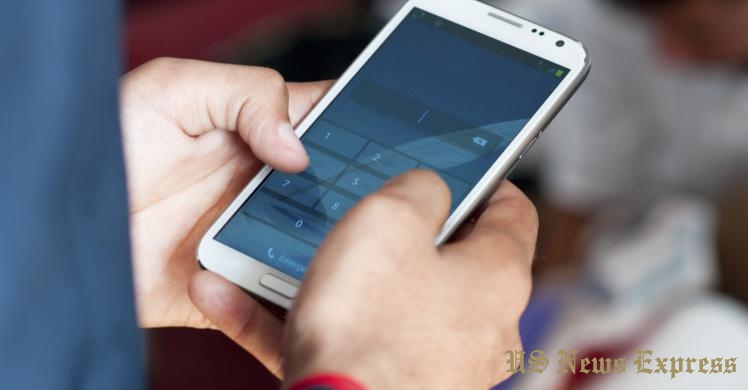 ZIBO LI, 31, resident of Golden Valley, Minnesota, was convicted for conspiring to traffic in stolen cell phones. LI led a conspiracy to traffic more than $3.8 million in stolen cellular devices throughout the United States and Hong Kong.
ZIBO LI, 31, resident of Golden Valley, Minnesota, was convicted for conspiring to traffic in stolen cell phones. LI led a conspiracy to traffic more than $3.8 million in stolen cellular devices throughout the United States and Hong Kong.
The conviction was announced today by United States Attorney Andrew M. Luger and Special Agent in Charge of the United States Secret Service Minneapolis Division Louis Stephens
“Zibo Li led an organization that used the stolen identities of ordinary people to perpetrate a multi-million-dollar fraud,” said Assistant United States Attorney Manda M. Sertich. “Honest consumers bear the cost of the illegal activity of retail thieves like Li and his conspirators. We would like to thank the jury for its service during this trial and for returning a just verdict.”
“At its core, this case is about widespread identity theft, contact fraud and financial crimes,” said Louis Stephens, Special Agent in Charge of the United States Secret Service Minneapolis Field Office. “The collaborative approach of talented local and federal law enforcement officers and prosecutors ended a multi-year criminal conspiracy adept at widespread victimization of Minnesota based victims and businesses.”
As proven at trial, between 2011 and 2014, ZIBO LI and eight co-conspirators fraudulently obtained mobile cellular devices for steeply reduced rates by entering into service contacts, often using stolen identities. ZIBO LI ultimately sold the stolen merchandise to contacts in Hong Kong, where a new Apple iPhone could, at the time of the conspiracy, retail for as much as $2,000.
As proven at trial, three co-conspirators who have already pleaded guilty served as middlemen in LI’s organization. They purchased stolen or fraudulently obtained phones from buyers, and subsequently sold them to ZIBO LI. LI paid the middlemen in cash and by depositing cash directly into their bank accounts.
As proven at trial, buyers for the organization were responsible for obtaining discounted phones from retailers by agreeing to a two-year service contract. Among the methods employed to obtain phones was “credit muling,” a scheme through which buyers, or those acting at their direction, signed cellular telephone service contracts, often using stolen identities, to obtain reduced cost phones in other people’s names, but never intended to or did honor those contracts. Some of the buyers also recruited people residing in homeless shelters to sign up for cell phone contracts and obtain reduced cost phones, in exchange for nominal payments or goods.



















